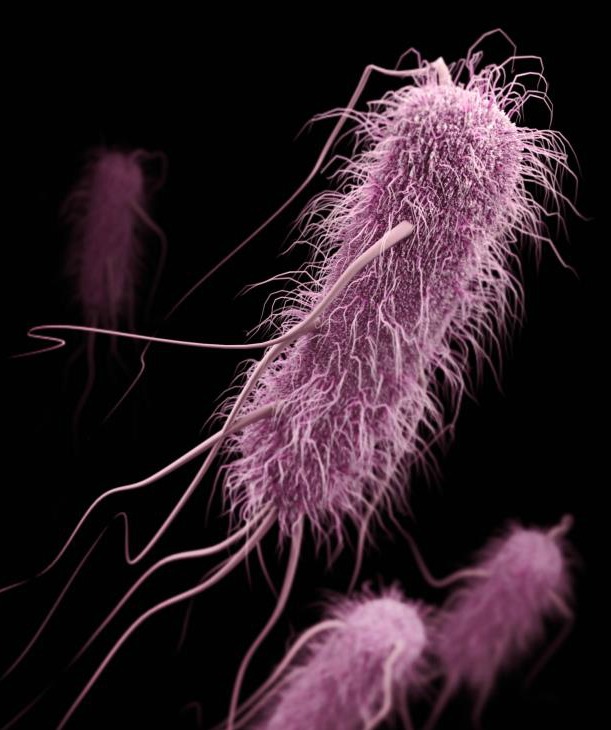The Los Angeles County Department of Public Health (Public Health) announced the identification of the first mcr-1 producing bacteria found in a Los Angeles County resident. This isolate of the bacteria E. coli is the first isolate reported in the state of California that contains the mcr-1 gene, which makes bacteria resistant to the antibiotic colistin.

Since mcr-1 producing bacteria were first identified in the United States in a Pennsylvania patient in May 2016, the mcr-1 gene has been isolated from persons in five additional states and from animals in two states. Public Health investigations determined that the Los Angeles County isolate was most likely acquired by the affected individual during international travel and that that there is no evidence that the organism has spread within the local healthcare community.
Colistin is one of a few antibiotics that are considered as a “last resort” to treat bacteria that are highly resistant to multiple antibiotics. The mcr-1 gene is of public health concern because it is carried on a piece of DNA that can be transmitted between bacteria and lead to the spread of colistin resistance.
In order to better respond to emerging public health threats, such as mcr-1 positive bacteria, Public Health has been tracking antimicrobial resistance across Los Angeles County. Previously collected information has shown that Los Angeles County has many cases of carbapenem-resistant Enterobacteriaceae (CRE), bacteria with resistance to carbapenems and other antibiotics where colistin may be one of the only treatment options.
To assure appropriate monitoring of antimicrobial resistance patterns within Los Angeles County, on January 19, 2017, the County Health Officer mandated that CRE be reported by all acute care hospitals and skilled nursing facilities in the county and that any of these same facilities that produce an antimicrobial resistance report known as an “antibiogram” provide a copy of this report to Public Health annually. Surveillance of antimicrobial resistance, reporting of CRE, and detection of mcr-1 positive bacteria are important steps for controlling the spread of resistant bacterial infections and protecting health in Los Angeles County.


2 thoughts on “California reports first mcr-1 producing bacteria in LA County”